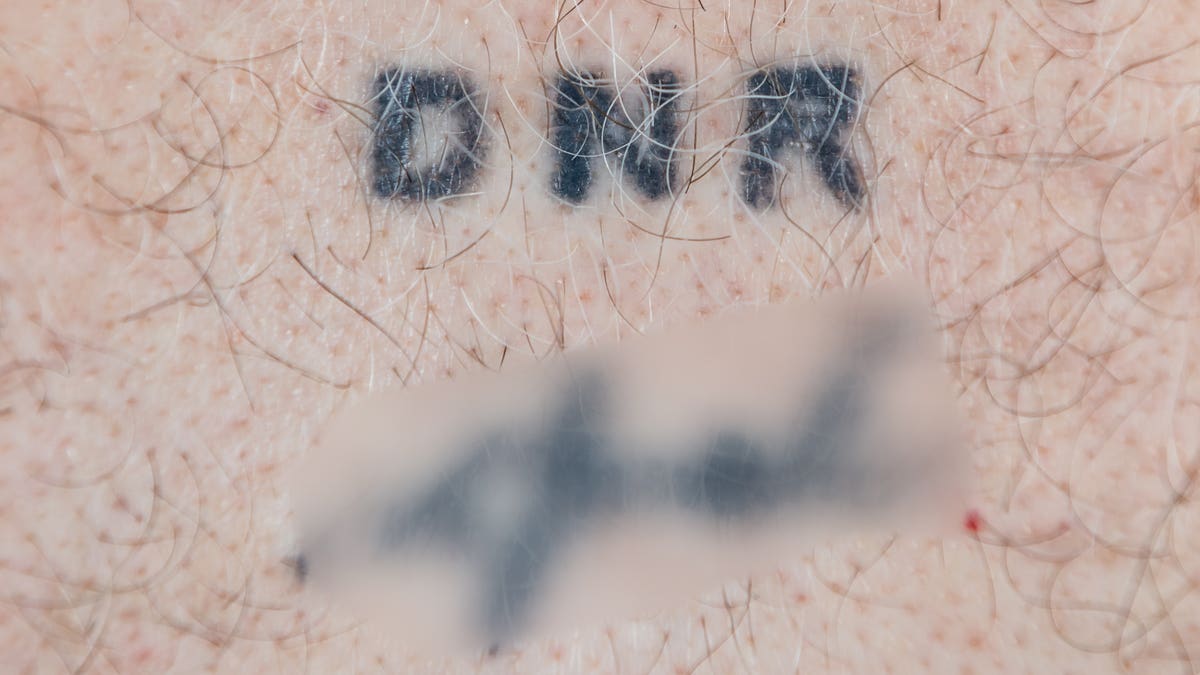Fox News Flash top headlines for Oct. 11
Fox News Flash top headlines for Oct. 11 are here. Check out what's clicking on Foxnews.com
A 52-year-old man who said he is in good health has pre-emptively gotten the letters “DNR” (“Do Not Resuscitate”) tattooed on his chest in the event of a medical emergency.
Nigel Thwaites, of Norfolk, England, said he got the idea after watching a video on what could happen when CPR is performed incorrectly.
HONEST OBIT CALLS FOR MORE OPIOID ADDICTION HELP FOR STRUGGLING MOMS
“A number of years ago at work there was a defibrillator course and we all learned CPR,” he told SWNS. “Anyway, they showed us this short video of someone incorrectly applying CPR. A lot of people don’t know how to do CPR correctly and what happens is that the brain becomes starved of oxygen which causes a loss of faculties in that person. So my decision was that I don’t want to come back as a vegetable, and I decided I don’t want to be resuscitated.”

Thwaites is also an organ donor and has made a living will. (SWNS)
Thwaites, who also is an organ donor and has his blood type tattooed on his shoulder, said he watched his own father’s health deteriorate, and he doesn’t want to put his family through a similar plight.
NURSE RETURNS TO WORK AT HOSPITAL WHERE SHE WAS TREATED FOR LEUKEMIA AS CHILD
“It’s not just about quality of life, sometimes it’s about the quality of someone’s death too,” he said.

The tattoo will likely have to comply with the same standards as a living will, so it is not clear if it doctors will be able to honor it in case of an emergency.
DNR tattoos pose an ethical and legal dilemma for health care providers, especially in the U.S., as DNR laws typically vary state-by-state and must be signed by a doctor. England has similar laws, and according to Keep Calm and Talk Law, the National Health Service (NHS) would likely “be obliged to refuse to honor a DNR tattoo,” unless it complied with the standards for a living will. Honoring the tattoo without a witness signature and patient signature could cause a doctor to lose his medical license, or be sued by the patient’s family or estate. Still, the topic remains open to debate.
CLICK HERE TO GET THE FOX NEWS APP
For Thwaites, he said that in addition to the tattoo, he has made a living will.
“I’ve made a living will, and I think the tattoo is one of those things that you hope you never have to use,” he told SWNS.
